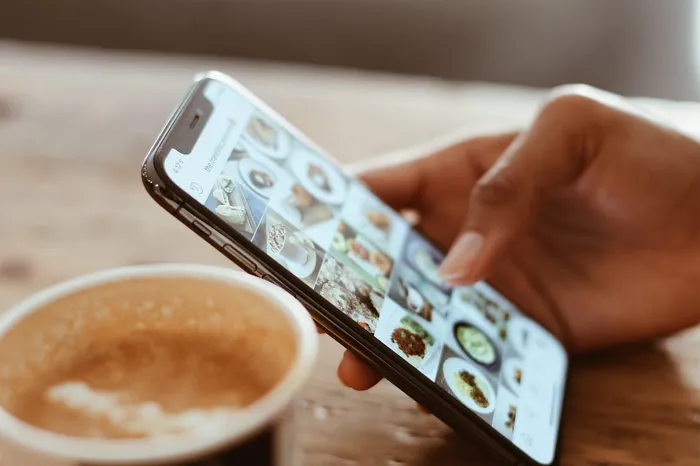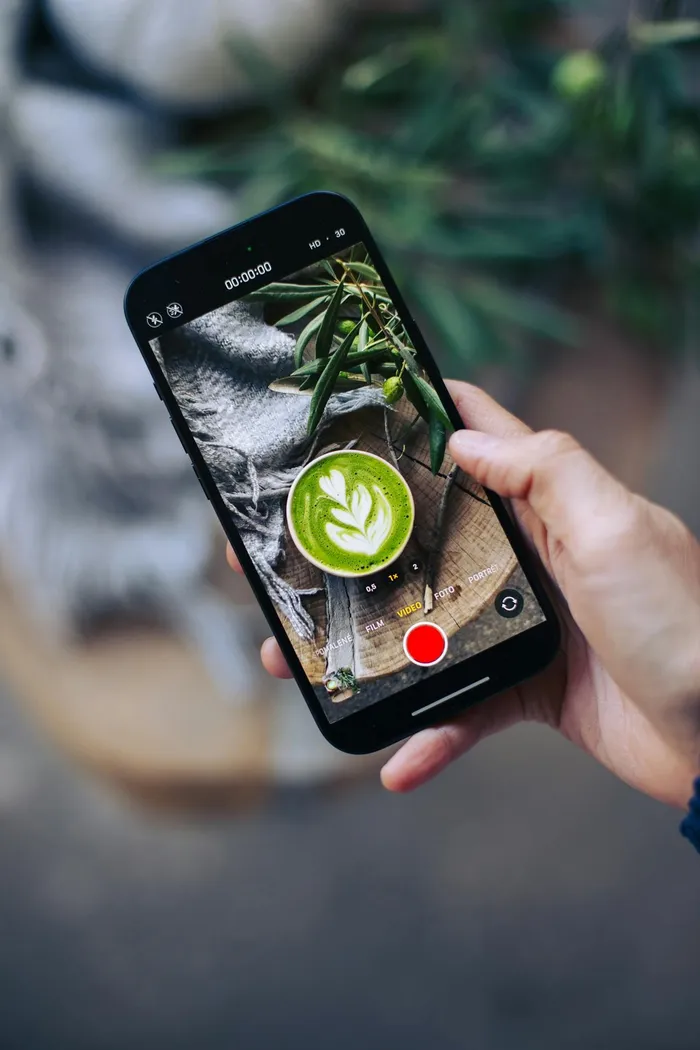Why posting less is the new 'it girl' energy on social media

The shift from oversharing to selective sharing on social media
Image: Kerde Severin /pexels
Remember when Instagram feeds looked like never-ending scrapbooks of latte art, mirror selfies, and every angle of a beach holiday?
Those days are fading fast.
In 2025, the new “it girl” energy online isn’t about posting more; it’s about posting smarter.
Oversharing has gone out of fashion. Posting every thought, every meal, every gym session now feels a little… exhausting. And honestly? People are tired of it.
Instead, a quieter, more curated style of sharing has taken over, where the highlight isn’t volume, but intention.
There’s a reason we loved telling the internet everything. Humans are naturally curious and a little nosy about each other’s lives. Social media gave us the perfect stage.
As sociologist Ben Agger explained in "Oversharing: Presentations of Self in the Internet Age", people online often share “more of their inner feelings, opinions, and sexuality than they would in person, or even over the phone.”
Researchers have even created scales to measure oversharing.
A 2022 study published in "Psychological Reports" found that teenagers who posted excessively about their emotions and daily lives showed higher levels of psychological distress. It suggested that the compulsion to share might be linked to deeper struggles with self-esteem and validation.
That constant loop of “post, wait, check likes, repeat” was never just harmless fun; it came with pressure.
Fast forward to today, and digital fatigue has set in. We’re still scrolling (because let’s be honest, TikTok isn’t going anywhere), but the pressure to narrate our every move online? Gone.
Instead, people are leaning into selective sharing. Instagram’s Close Friends list has become the 2025 version of a diary filled with unfiltered memes, blurry selfies, and the kind of content that would never make the main feed.
Celebrities and influencers are in on it, too.
Audiences no longer care about endless content; they crave depth, personality, and authenticity.
This shift isn’t about disappearing. It’s about reclaiming control. Posting less means fewer worries about likes and comments, and more freedom to protect mental health.
Our digital lives are becoming just as important as our wardrobes, according to Cosmopolitan. What we share and what we don’t signals how we want to be seen, but it also protects our peace.

Oversharing is becoming less fashionable" for a more contemporary tone
Image: Raymond Petrik/Pexels
Quality over quantity
Gen Z, in particular, has championed the “quality over quantity” mindset. They’re swapping daily updates for thoughtful photo dumps, moody film camera shots, and captions that actually say something. The vibe isn’t “look at everything I’m doing,” but “here’s one moment that really matters.”
According to Hootsuite’s Digital Trends 2024 report, short-form content (like TikToks and Instagram Reels) still dominates, but the engagement rate on curated posts is higher when compared to rapid-fire uploads. Less is literally more.
Privacy, but make it stylish
However, pulling back online doesn’t mean you’re less authentic. If anything, it’s a smarter, healthier balance between self-expression and boundaries.
That’s why the “soft launch” trend, casually revealing relationships or life updates through subtle hints, resonates so strongly. It’s personal, but not performative.
For many, the appeal of dumb phones (yes, those retro Nokias are making a comeback) taps into this desire for boundaries. By limiting apps and notifications, people are carving out space to actually live their lives offline.
As "Forbes" reported in 2024, sales of minimalist phones surged, particularly among young adults seeking a “mental reset” from constant connectivity.
The mental health reset
Stepping away from oversharing isn’t just a passing trend; it’s a crucial mental health strategy. Studies from the "Journal of Social and Clinical Psychology" have shown that reducing time spent on social media can significantly lower anxiety and depression.
By posting less, we stop chasing likes and start prioritising peace of mind. We stop performing, and we start experiencing. Whether it’s choosing to keep certain memories private or saving silly content for the “green circle”, the shift is all about intentionality.
Maybe the best part of this cultural shift is what happens offline. Without the pressure to document every brunch, every outfit, every concert, we’re free to just be. The photos still get taken, but they don’t all need to leave the camera roll.
Selective sharing gives us more time for real connections, the kind that don’t come with filters, captions, or the anxiety of the algorithm.
Related Topics: